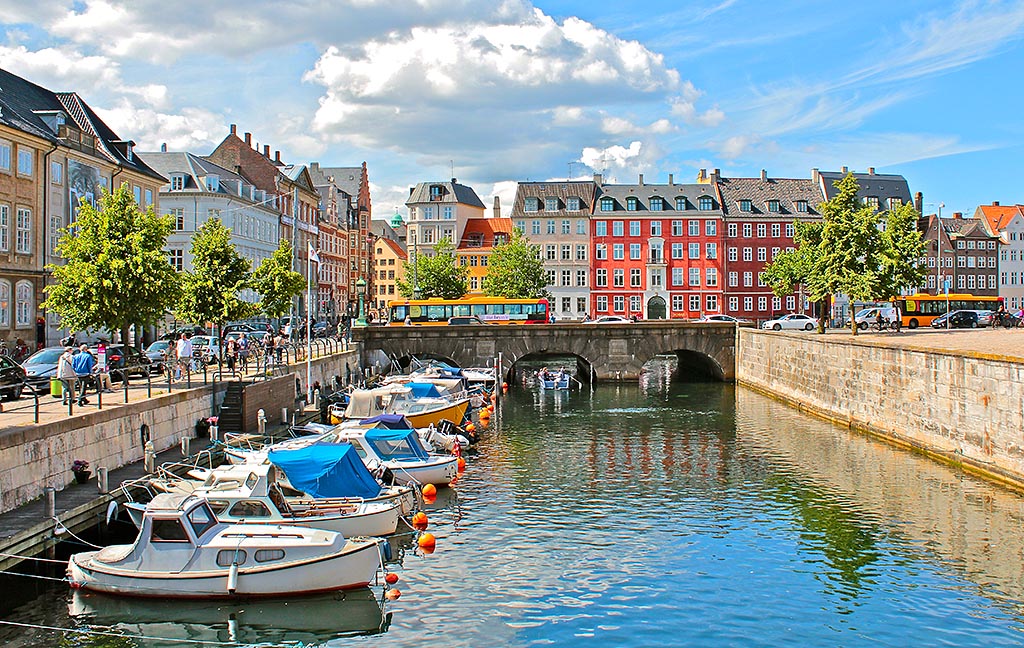By UME
While some countries fear a wave of Afghan refugees, Denmark has been pursuing an asylum policy for years, endorsed by the Danish People’s Party (a party that opposes immigration) and is now also supported by the Social Democratic government.
In Copenhagen, Afghan refugees fleeing the Taliban regime are only admitted in small numbers. The Scandinavian kingdom makes no secret of its intentions: Denmark wants to have as few refugees as possible and has been proclaiming this leitmotif loud and clear for years, trying to convert other Member States of the European Union as well. With a proposal that has sparked a great deal of controversy: asylum seekers who knock on the door should be sent to countries outside Europe while their cases are being processed, or even longer.
The idea that has led to a law symbolizing Denmark’s hardening on the migration issue does not come from the mind of a far-right ideologue, but from the Social Democratic Party, which, as elsewhere in Scandinavia, is closely linked to building a generous welfare state that is not meant to leave anyone behind.
For Professor Thomas Gammeltoft-Hansen of the University of Copenhagen, “the Social Democrats had to act” if they wanted to win back former voters who had previously been poached by the far-right Danish People’s Party, which wanted to see the costly welfare system reserved for the “native” population.
In fact, the Islamophobic and anti-refugee Danish People’s Party has set the tone in the kingdom’s migration policy since 2001. Without ever having been involved in a government, it managed to monetize its support for a liberal-conservative coalition – which was in the minority in parliament – by calling for a repeated tightening of refugee admissions, the granting of social assistance to foreigners, and family reunification. Over the years, this harshness on immigrants has rubbed off on the rest of the political class, with the approval of a majority of the Danish electorate.
This entry was first published by bvei LES OBSERVATEURS, our partner in EUROPEAN MEDIA COOPERATION.

